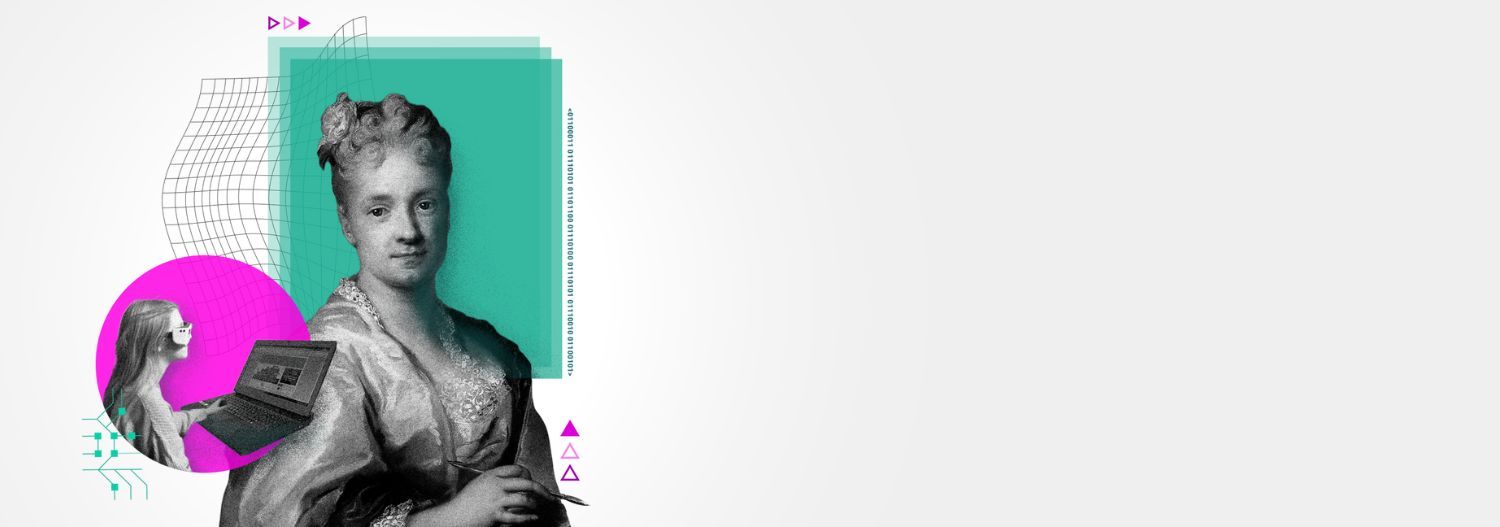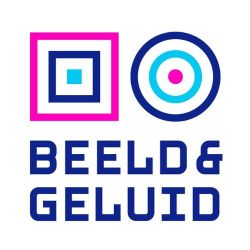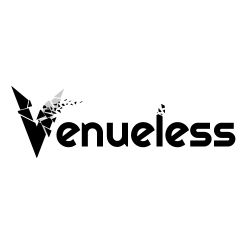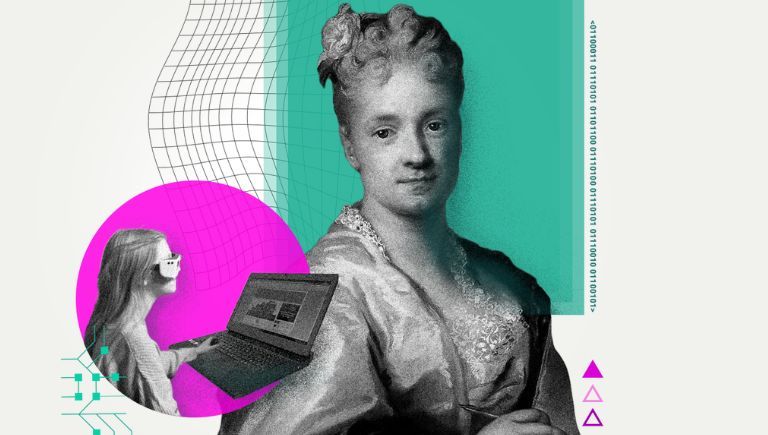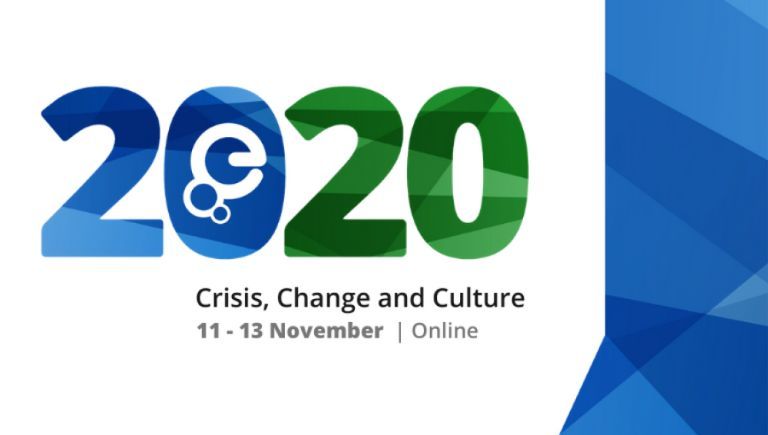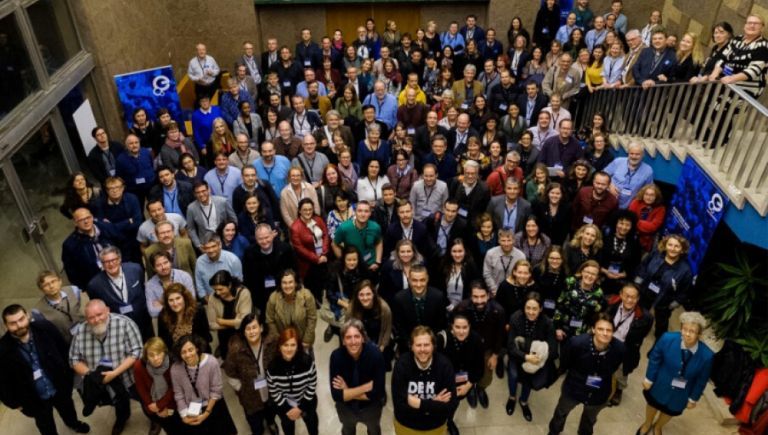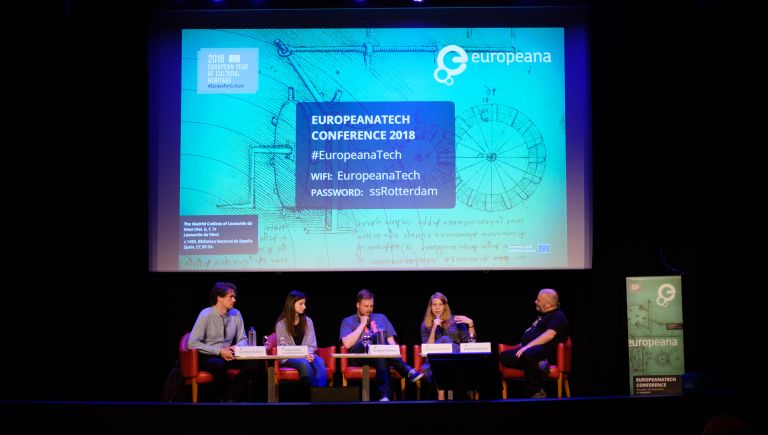EuropeanaTech 2023 - Explore, Engage, Experience: cultural heritage in the data space and beyond took place in The Hague, the Netherlands, from 10 - 12 October 2023.
The conference was for all tech-minded professionals, developers, researchers and students working in and around digital cultural heritage across the globe. It offered opportunities to meet with, learn from and work with peers, as well as to become part of a community dedicated to Tech in culture, and explore the challenges and opportunities that topics like AI and 3D bring to the sector.
EuropeanaTech 2023 was organised in collaboration with the EuropeanaTech community, the Europeana Network Association’s community of experts from the R&D sector. It was the fourth EuropeanaTech conference, reviving and continuing the series after successful previous editions in Vienna, Paris and Rotterdam. It was predominantly an onsite event, with some options for online participation.
To be the first to hear about our next conference, including dates and access to early-bird tickets, please register your interest below.

